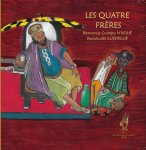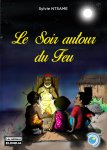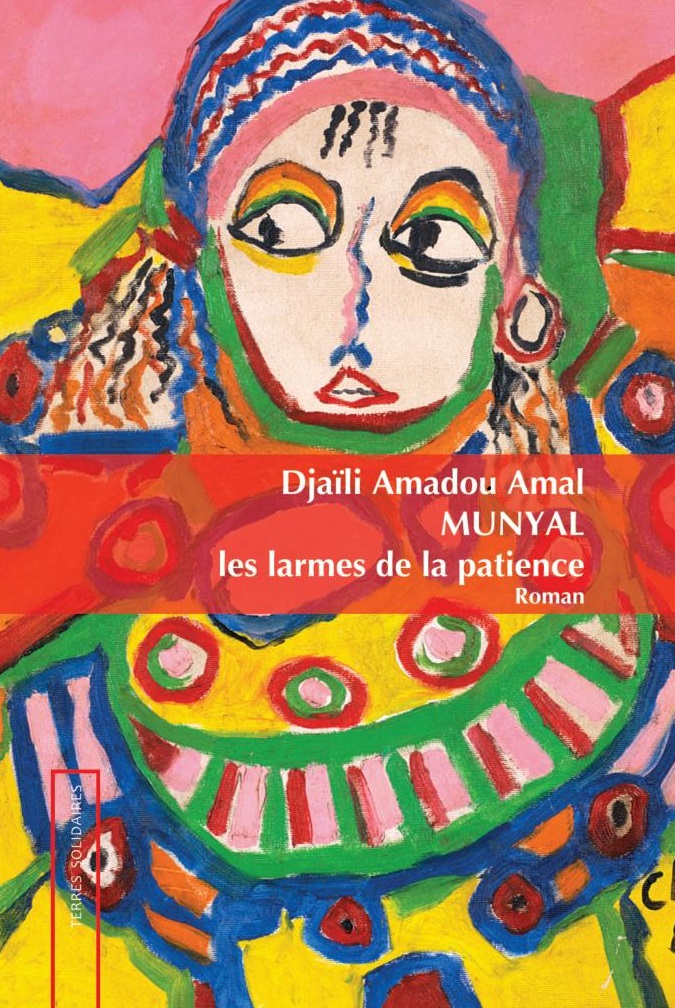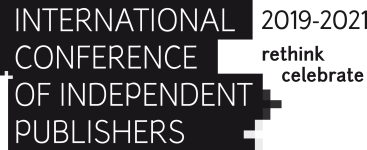
To be an independent publisher is to question the world, to help make sense of it, today and tomorrow
At a time when every country in the world is affected by the pandemic, we, as independent publishers around the world, are experiencing diverse health, social and economic situations. We are facing different realities, in different timeframes: immediate risks for some sections of the population (India, Madagascar, Indonesia...); a pandemic that strikes in contexts of already established political crisis (Haiti, Egypt, Syria...); the near absence or delayed implementation of public book policies (Cameroon, Gabon...); the resilience of independent publishing houses in the face of big corporations (Australia...).... While our contexts are diverse, our concerns remain collective: fragility of independent structures, uncertainty about the future, concern about possible abuses (surveillance society, pressure on employees, online teaching and learning, etc.).
We are in perpetual questioning, trying to understand our world: what to do, how, with whom, at what pace?
We need time to understand, to comprehend – which we had planned to do by 2021, as well as our “Rethink and Celebrate” Conference. REthink: to remain a conscious and creative actor, to act, in terms of ecology, social and solidarity economy, new approaches to readers, cooperative practices between professionals, freedom of publishing, fair speech...
Read more below...
See also:
Public book policies website
Digital Lab
Read the text in Arabic:






























